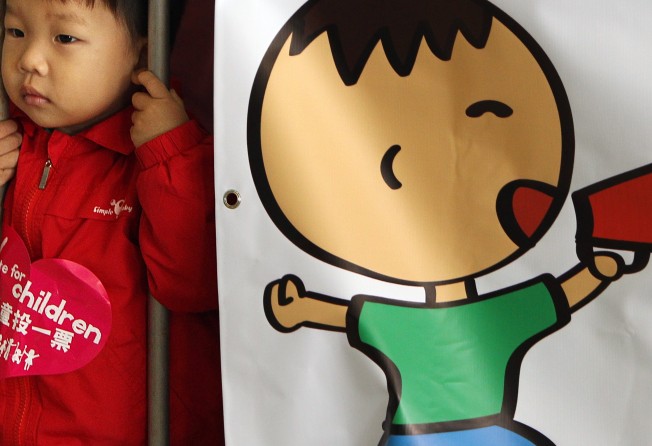Children’s commission in Hong Kong must be independent from government

The Hong Kong community has been calling for the establishment of a platform dedicated solely to children for the last 10 years. In 2007, and again in 2013, the Legislative Council unanimously passed motions calling for a children’s commission to be established. Previous administrations procrastinated, so it is encouraging that the new chief executive has agreed to set it up.
What we now have to determine is what kind of commission will best serve the interests of children and make optimum use of the resources available.
To ensure the commission is effective and sustainable, there must be no duplication with existing bodies such as NGOs. It should work in partnership with the government to champion children’s best interests, as has been the case with commissions in at least 79 countries and over 200 jurisdictions. It must be fully independent, have a legal mandate and sufficient resources. There must also be full community participation. Existing organisations such as the Family Council and Child Rights Forum are consultative in nature. The Ombudsman and Equal Opportunities Commission do have more power, but are not specifically focused on children’s rights.
A lot of important issues need urgent attention.
There must be a review of the child protection system with attention paid to hidden harm to children. A review of child-related legislation to ensure adequate protection of children is also needed to guarantee observance of the UN Convention on the Rights of the Child. There must be a swift improvement in the standard of health care and institutional care, so that children needing help receive it promptly.
The excessively competitive education system must also be reviewed, as it adversely impacts the development of children.
Various government bureaus are involved in policy and practices that affect children, and yet they do not undertake child impact assessments, which a children’s commission will be able to do. If the commission operates, in effect, as a government department, its independence and effectiveness will inevitably be undermined. A commission established as a statutory body will be independent. It will be empowered to formulate long-term strategies and monitor government policy.
Most importantly it will be able to speak out and hold the government to account as it strives for children’s best interests.
Such a noble mission for children must be realised in the chief executive’s policy address in October.
Priscilla Lui Tsang Sun-kai, chairperson, Hong Kong Committee on Children’s Rights